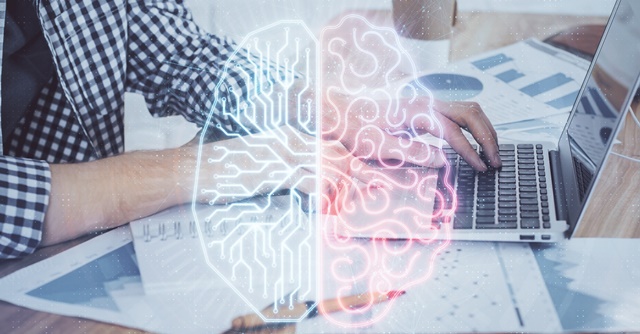
AI can’t replace human intelligence, says Delhi HC


The Delhi High Court has asserted that Artificial Intelligence (AI) cannot take the place of either human intelligence or the human element in judicial proceedings. Furthermore, the higher court has stated that ChatGPT cannot serve as a basis for decisions related to legal or factual matters.
Justice Prathiba M Singh expressed that the reliability of AI concerning data remains ambiguous. The use of such tools might be considered for preliminary understanding or initial research.
This remark from the court emerged during the proceedings of a case involving a partnership firm, Luxurious Brand Christian Louboutin, which was allegedly engaged in manufacturing and selling shoes, thereby infringing on their trademark.

In this case, the petitioner's counsel argued that 'Red Sole Shoe' had a registered trademark in India, and ChatGPT's responses regarding the reputation of the brand were presented before the court.
In its order, the court stated, "ChatGPT cannot serve as a basis for decisions related to legal or factual matters in any court. The response of large language models (LLMs) like ChatGPT, which the petitioner's counsel seeks to rely upon, depends on various factors, including the nature and structure of questions posed by users, training, and more. Additionally, AI chatbots may generate incorrect responses, hypothetical legal scenarios, imaginative data, etc."
The court mentioned, "The accuracy and reliability of AI's data are still uncertain. There is no doubt in the court's mind that in the current phase of technological development, AI cannot replace human intelligence and the human element in the judicial process. Its use could be considered for preliminary stages."

During the hearing of the case, the court remarked, "There is no doubt in the court's mind that the respondent's product is similar to the petitioner's product. The respondent has imitated all the features of the petitioner's shoes. The chart indicates that the imitation is not limited to one or two designs but encompasses a large number of designs."
The Delhi High Court's stance highlights the caution required when employing AI in legal proceedings, emphasizing that while AI can be a valuable tool, it cannot entirely replace human judgment and expertise in the field of law.
A recent study by United Nations' International Labour Organization (ILO), published on August 21, said that while AI will change the way we work, it won't be replacing people at their jobs.

According to the study, most jobs and industries will only 'partially be exposed to automation'.
Earlier, in an interview with The Atlantic in July, OpenAI CEO Sam Altman said that AI's impact on humanity will not be all positive. He told the publication that a lot of people who are working on AI 'pretend' that it is only going to be for the good of humans, act like a supplement for them, and won't replace anyone at their jobs. However, that is not the case.
